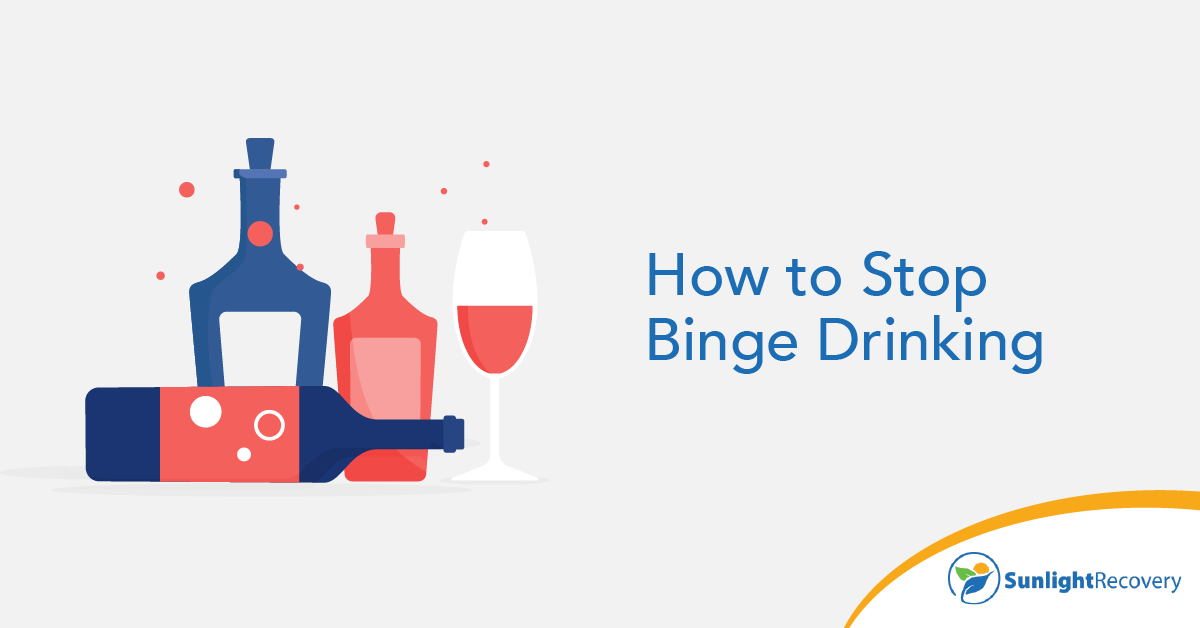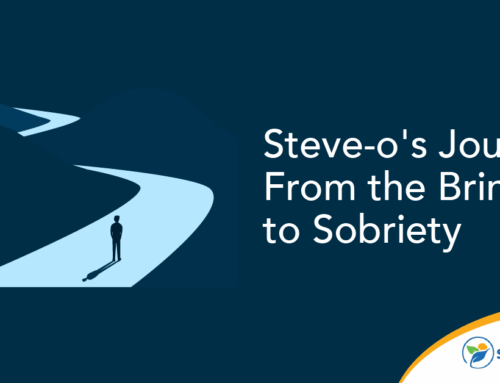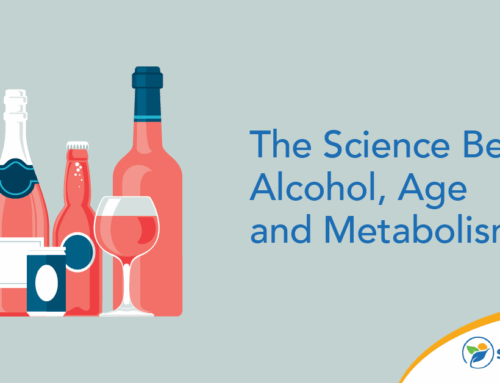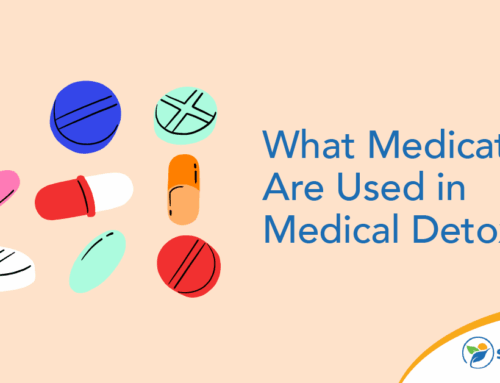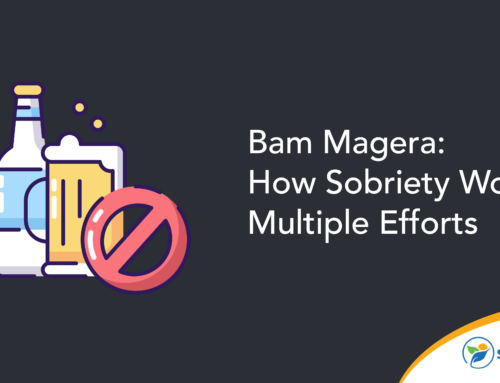Binge drinking is more than having a few extra drinks with friends. It’s a dangerous pattern of alcohol consumption that can lead to serious health problems and dependency issues. According to the National Institute on Alcohol Abuse and Alcoholism (NIAAA), binge drinking is defined as consuming enough alcohol to raise your blood alcohol concentration (BAC) to 0.08% or above. This typically occurs when men consume 5 or more drinks or women consume 4 or more drinks within about 2 hours.
Despite its prevalence in social settings and media portrayals, binge drinking presents significant risks to physical and mental health. From immediate dangers like alcohol poisoning and injuries to long-term effects like liver damage and increased risk of various cancers, the consequences can be severe. The good news is that effective binge drinking treatment options exist, ranging from self-help strategies to professional interventions designed to address both the behavior and its underlying causes.
Identifying the Triggers: Why Do People Binge Drink?
Understanding what drives binge drinking is crucial to addressing it effectively. Many people drink excessively because everyone else is doing it, especially in college environments or certain workplace cultures where heavy drinking is normalized or even celebrated.
Some people turn to alcohol as a way to cope with anxiety, depression, trauma or other emotional difficulties. Research from the NIAAA shows that people experiencing high levels of stress are significantly more likely to engage in binge drinking behaviors. Also, conditions such as anxiety disorders, depression, PTSD and bipolar disorder often co-occur with problematic drinking patterns.
Family history can also play a significant role, with children of alcoholics being about four times more likely to develop alcohol problems than the general population. By identifying your personal triggers, you can develop targeted strategies to address the specific circumstances and emotions that lead to binge drinking episodes.
Strategies for Stopping Binge Drinking: Practical Steps to Take
Overcoming binge drinking begins with practical, actionable steps you can implement in your daily life.
- Set clear, realistic goals. Decide whether your aim is to reduce drinking or stop completely. Write down specific limits for yourself, such as “I will have no more than one drink per day” or “I will not drink on weekdays.”
- Keep a journal of when you drink. Noting how much you consume and the circumstances surrounding your drinking can help identify patterns and triggers.
- Practice refusing drinks in social situations. Prepare responses in advance, and remember that true friends will respect your decision not to drink.
- Replace drinking time with healthier pursuits. Consider exercise, creative hobbies or volunteering. Physical activity, in particular, releases endorphins that can provide a natural mood boost.
- Practice mindfulness. Techniques such as meditation, deep breathing and yoga can help you manage stress and cravings without turning to alcohol.
- Remove alcohol from your home. Creating an environment that doesn’t constantly present temptation can significantly reduce spontaneous drinking episodes.
- Create new patterns. Learn new ways to handle stress, celebrate achievements or socialize that don’t involve alcohol. This might include talking with friends, exercising or engaging in creative activities.
These strategies form the foundation for reducing alcohol consumption and breaking the cycle of binge drinking. However, they work best when combined with a strong support system.
The Role of Support Systems in Overcoming Binge Drinking
Building and leveraging support systems greatly increases your chances of success in addressing binge drinking. Open up to trusted loved ones about your goals. Their encouragement, understanding and accountability can provide motivation during difficult moments.
Get involved with organizations like Alcoholics Anonymous. Peer support groups offer community, shared experiences and proven frameworks for overcoming alcohol abuse. There are also online communities that provide anonymity and 24-7 accessibility, making them valuable resources for those who can’t attend in-person meetings or need support at unusual hours.
Also, surround yourself with people who support your sobriety goals or don’t drink heavily, as they can fundamentally change your relationship with alcohol. Consider professional wellness or recovery coaches. They can provide structured guidance and accountability as you work toward your goals.
Seeking Professional Help: When to Consider Binge Drinking Treatment
While self-help strategies and support networks are valuable, some situations warrant professional binge drinking treatment. For example, consider seeking specialized help if you’ve already tried to cut back unsuccessfully. Multiple failed attempts to control drinking may indicate a need for structured intervention.
If you experience withdrawal symptoms like tremors, anxiety, nausea or insomnia when you’re not drinking, it can be a clear signal medical supervision is needed. Professional help is also important if your drinking is affecting major life areas, such as your relationships, job performance, financial stability or health.
Another signal that it’s time to seek professional support is if you’re using alcohol to cope with trauma or mental health issues. Co-occurring conditions often require integrated treatment addressing both the drinking and underlying psychological factors.
Professional treatment options include:
- Medical detoxification. For those with physical dependence, medically supervised detox provides safe management of withdrawal symptoms.
- Outpatient programs. These allow you to receive treatment while maintaining work and family responsibilities, typically involving several hours of therapy per week.
- Intensive outpatient programs (IOPs). A middle ground between standard outpatient and residential care, IOPs involve more frequent treatment sessions.
- Residential rehabilitation. Inpatient programs provide immersive treatment in a controlled environment, removing you from triggers and focusing entirely on recovery.
- Medication assisted treatment. Medications are available that can help reduce cravings and support abstinence when prescribed as part of a comprehensive treatment plan.
- Cognitive behavioral therapy (CBT): This evidence-based approach helps identify and change thought patterns that lead to excessive drinking.
Research consistently shows that professional treatment significantly improves outcomes for those struggling with serious alcohol problems. The specific type of treatment should be tailored to your individual needs, drinking history and life circumstances.
Taking the First Step Toward Change
Whether you’re concerned about your own drinking or that of someone you care about, know that change is possible. Thousands of people successfully overcome problematic drinking patterns every year, going on to lead healthier, more fulfilling lives.
If you’re ready to address your relationship with alcohol, don’t wait. Reach out to Sunlight Recovery today to learn about treatment options tailored to your unique situation. Our compassionate professionals can help you understand your relationship with alcohol and develop an effective plan for recovery. Taking that first step might feel daunting, but it’s the beginning of reclaiming control over your health and your life.


